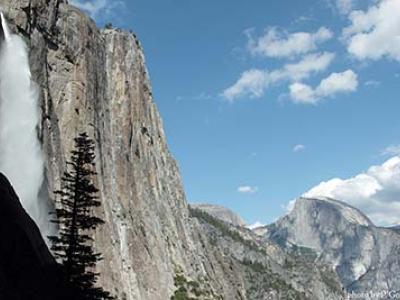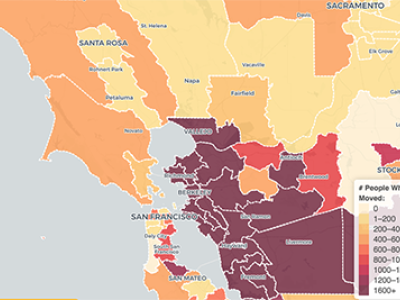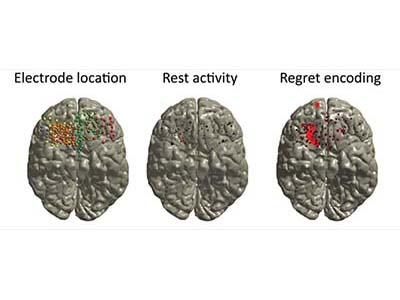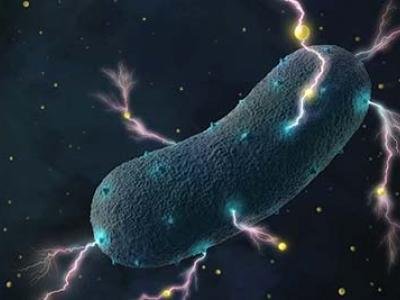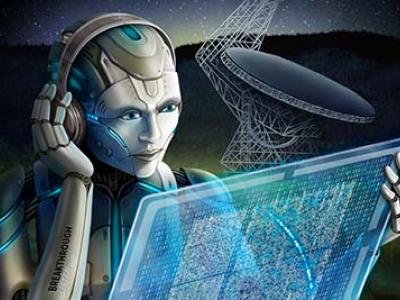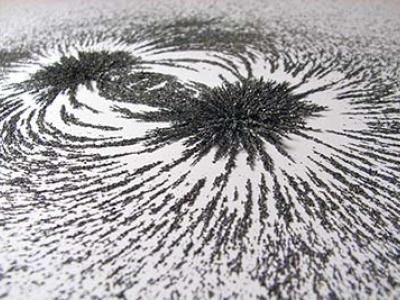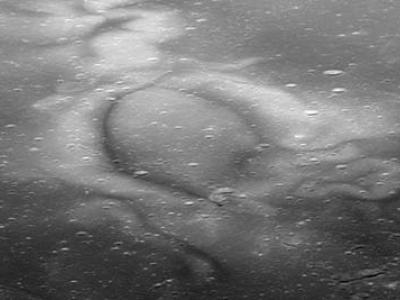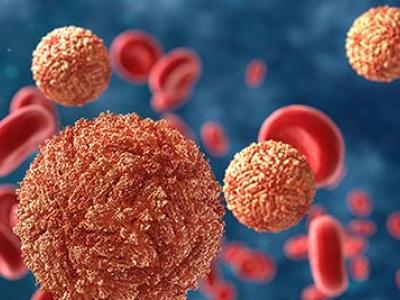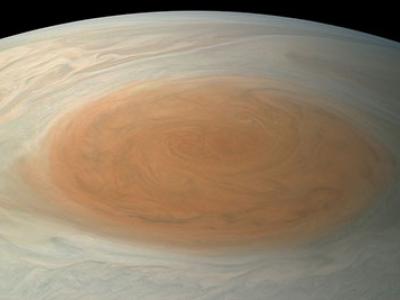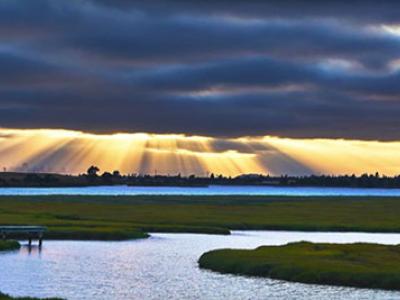Human-caused climate change has exposed U.S. national parks to conditions hotter and drier than the rest of the nation, says a study that quantifies for the first time the magnitude of climate change on all 417 parks in the system.
Research News
Learn more about UC Berkeley's researchers and innovators.
Showing 1777 - 1792 of 3514 Results
Companies whose CEOs earn hundreds of times their average employee’s pay are viewed as less desirable to work for, and to do business with, according to a new UC Berkeley study.
New reports from the Urban Displacement Project at UC Berkeley and the California Housing Partnership confirm that rising housing costs between 2000 and 2015 have contributed to displacement of low-income people of color and resulted in new concentrations of poverty and racial segregation in the Bay Area.
What goes through a gambler’s mind after she’s placed her bet? It’s not just the anticipation of a big payoff, or doubts about the wisdom of her bet. It’s also regret about previous bets, both won and lost.
While bacteria that produce electricity have been found in exotic environments like mines and the bottoms of lakes, scientists have missed a source closer to home: the human gut.
Our race, ethnicity, nationality, gender, socio-economic class and physical appearance can determine whether or not we get a break in life. But how big a role do social stereotypes really play when it comes to landing a job, loan, university spot or other opportunity?
Artificial intelligence is invading many fields, most recently astronomy and the search for intelligent life in the universe, or SETI.
UC Berkeley engineers have created a device that dramatically reduces the energy needed to power magnetic field detectors, which could revolutionize how we measure the magnetic fields that flow through our electronics, our planet and even our bodies.
Lunar swirls, beautiful features of the moon that are found on no other body in the solar system, may be caused by the interaction some 3 billion years ago between erupting lava and the moon’s strong magnetic field.
The first-ever evaluation of minimum wage increases in Chicago, the District of Columbia, Oakland, San Francisco, San Jose and Seattle reveals good news for some low-wage workers.
A new study shows that nearly half of the population of Managua, Nicaragua, has been infected with the Zika virus. Previous infection with the Zika virus imparts immunity to the disease and can help quell future outbreaks.
New findings from researchers at UC Berkeley suggest that feedback, rather than hard evidence, boosts people’s sense of certainty when learning new things or trying to tell right from wrong.
UC Berkeley engineers have created a new way to remove contaminants from storm water, potentially addressing the needs of water-stressed communities that are searching for ways to tap the abundant and yet underused source of fresh drinking water.
Low-tech ways of improving soil quality on farms and rangelands worldwide could pull significant amounts of carbon out of the atmosphere and slow the pace of climate change.
Scientists have for the first time detected water clouds deep inside Jupiter’s Great Red Spot – a centuries-old storm larger than planet Earth – allowing them to put tighter limits on the total amount of water in the planet.
California today issued its latest assessment of the many challenges the state faces from climate change — including wildfires like those still raging throughout the state – and highlighted for the first time the regional impacts with nine deep-dive reports spearheaded by University of California scientists.

